ECLOSION
The main objective of the ECLOSION project is to create new materials, technologies and processes for the generation, storage and transport of renewable and indigenous hydrogen and biomethane.
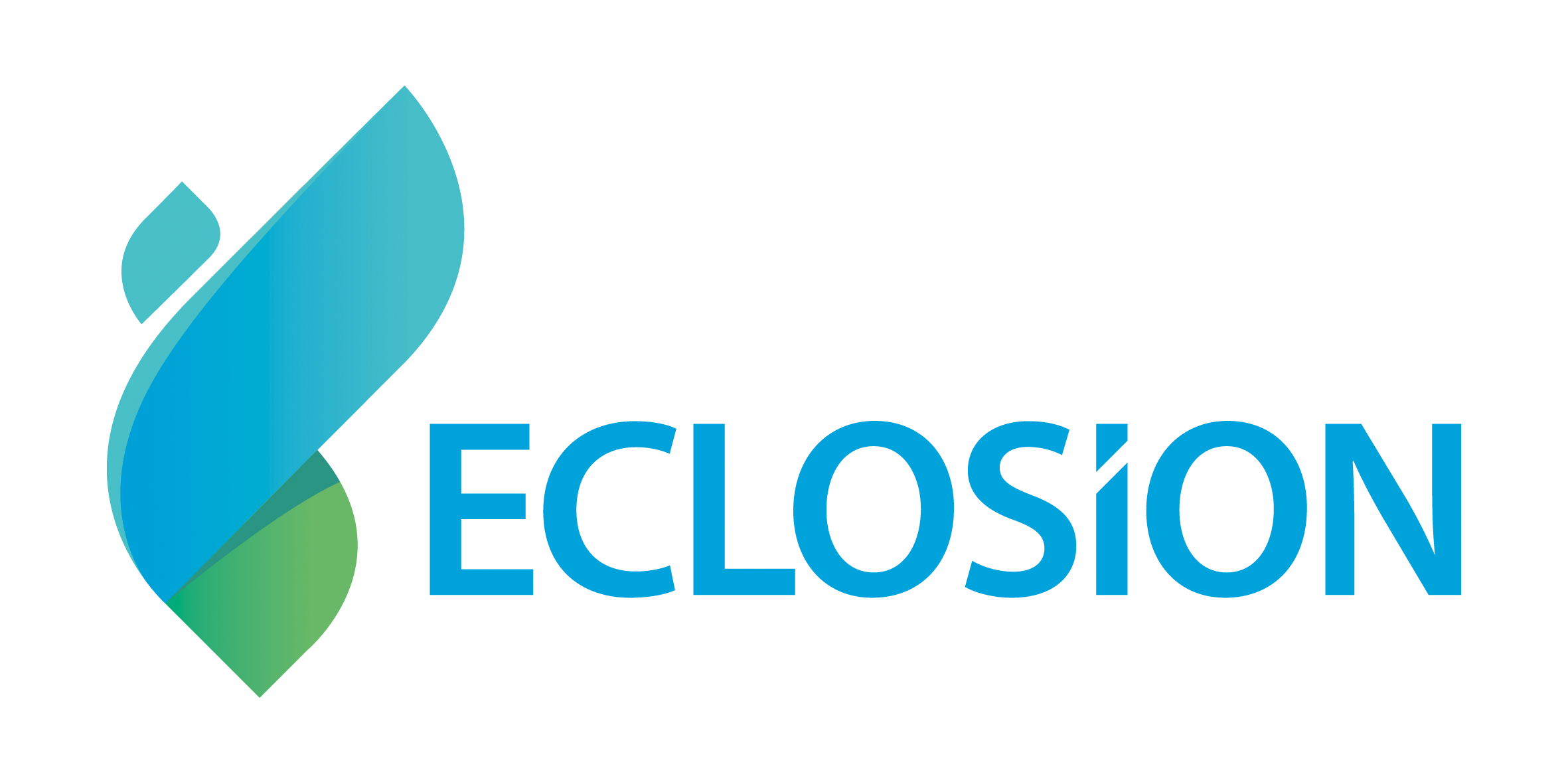

This energy generating carriers will be made from urban waste, agri-food waste, wastewater and sewage sludge, the aim being to provide new technological tools to the renewable energy sector, stimulating economic activity and the creation of qualified employment.
The project also proposes the development of energy optimisation tools, which involves designing energy systems from source to consumption point that are eco-efficient, flexible and intelligent.
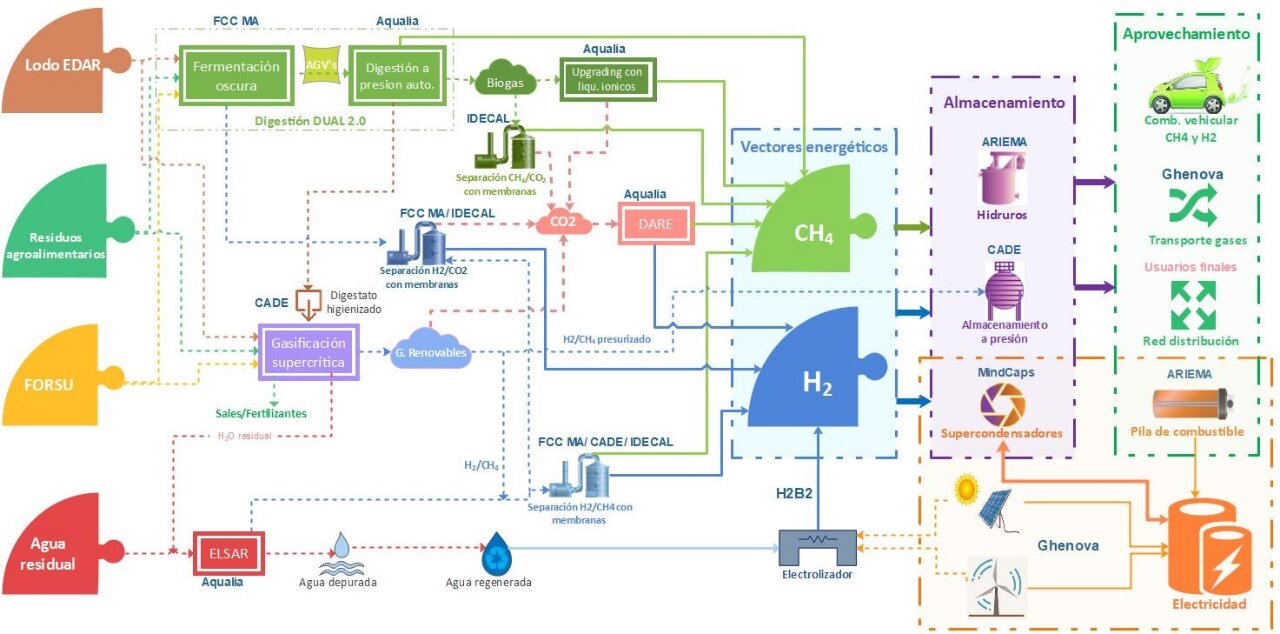
This initiative is driven by a consortium of eight companies led by Aqualia which, together with FCC Medio Ambiente, CADE, Ghenova, ARIEMA H2B2, Idecal and MindCaps, are embarking on a project that will last four years (2021-2024).
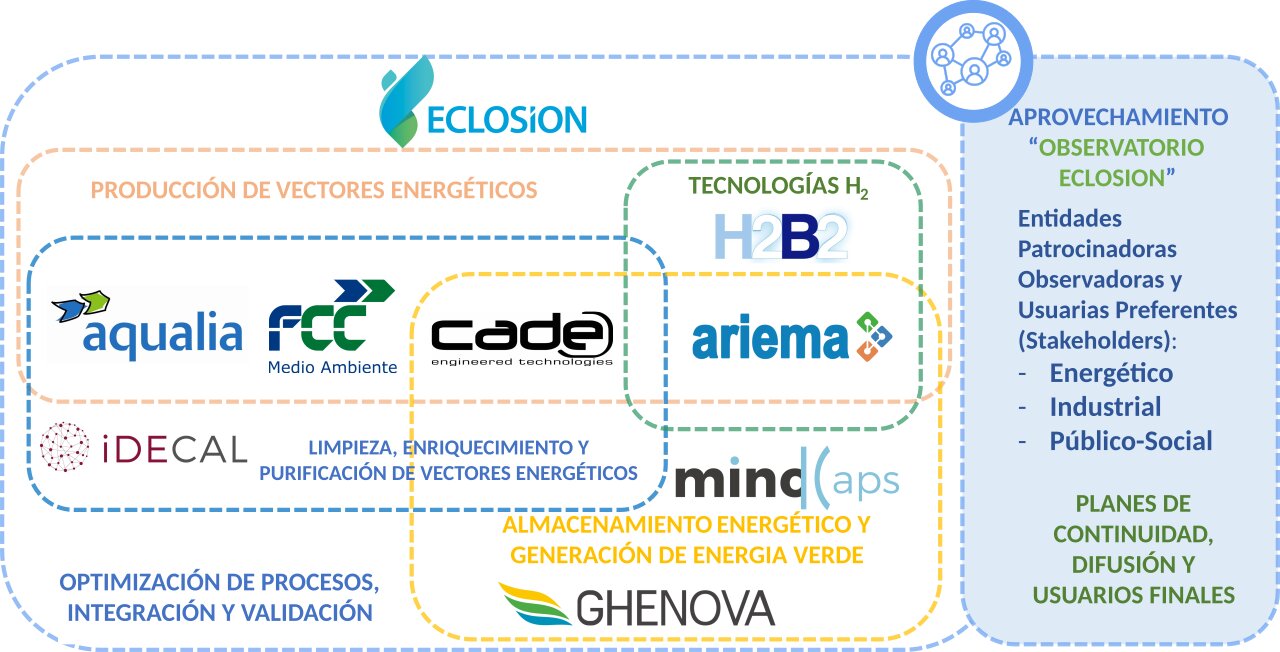
ECLOSION has a total budget of €6,602,498 and a funding of €4,451,374.85 from the 2021 MISIONES CIENCIA E INNOVACIÓN call for proposals. This grant is subsidised by the CDTI with the support of the Ministry of Science of Spain and Innovation and funding from the European Union through the Next Generation EU programme. This call finances pre-competitive research projects in cooperation led by companies to achieve:
- Relevant research that proposes solutions to cross-cutting and strategic challenges of society.
- Improve the knowledge and technology base on which Spanish companies rely to compete.
- Stimulate public-private cooperation.
ECLOSION is part of the Misión to promote safe, efficient and clean energy for the 21st century. The project will also lead to the creation of 15 new highly qualified jobs, 10 of which are expected to be filled by women.
The research will be carried out in companies, laboratories and specially equipped facilities of the collaborators and in four development centres, the Valladolid Waste Treatment Centre, managed by FCC Medio Ambiente; and the waste treatment plants in Salamanca, Lleida and Jerez de la Frontera, managed by Aqualia.
ECLOSION is looking for new models of green hydrogen production complementary to electrolysis with renewable energies, decoupled from the availability of high quality water and integrated into a decarbonised energy model under the principles of circular economy and digitalisation.
To overcome these challenges, the ECLOSION project is divided into 5 interrelated activities, with the sustainable production of biohydrogen and biomethane as a central element, always from an economically and environmentally sustainable point of view.
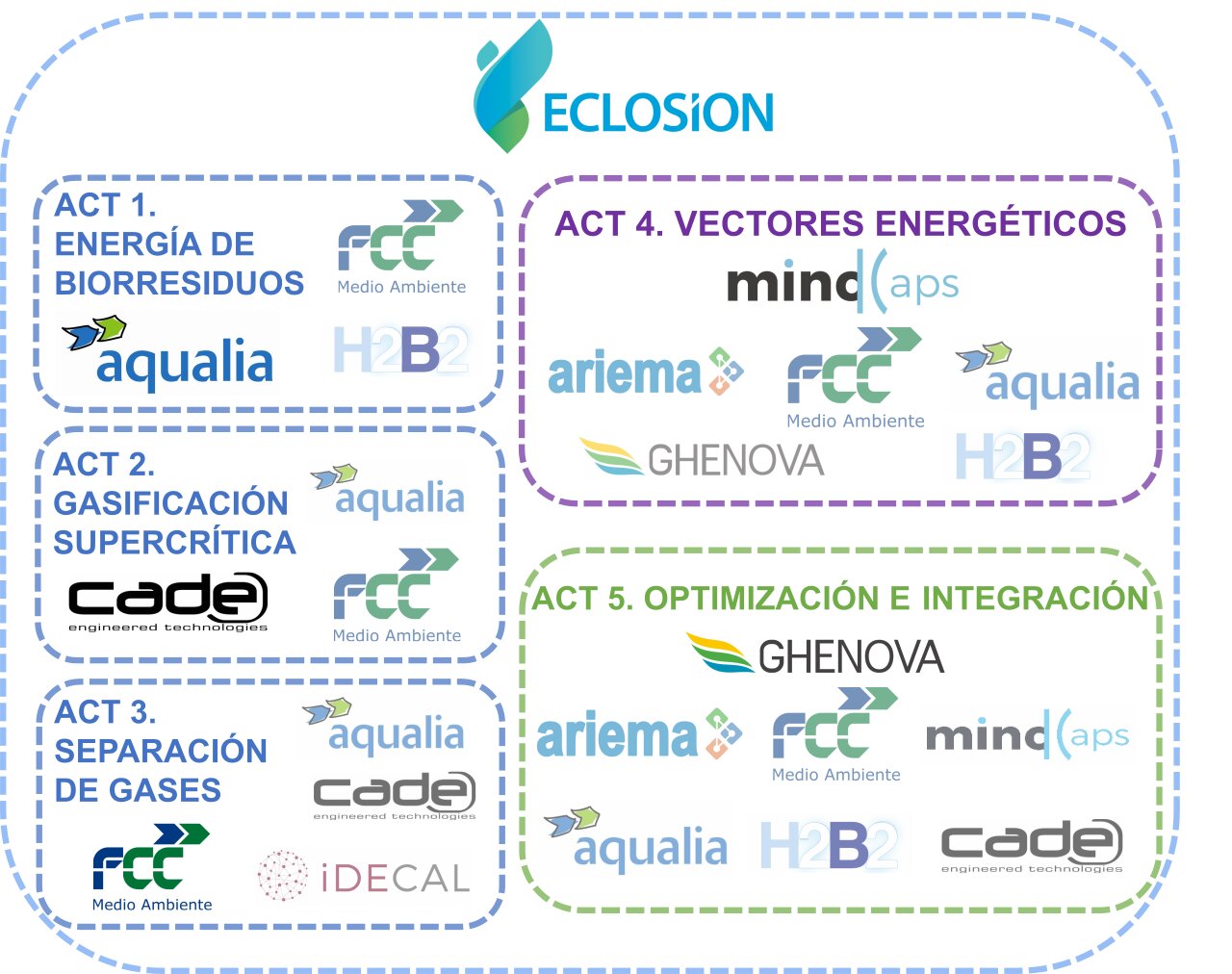
Activity 1 proposes the use the energy content in wastewater to generate energy carriers (biohydrogen and biomethane) by means of bioelectrochemical processes. The wastewater will be suitably regenerated for use in electrolysers to obtain high quality hydrogen at reasonable costs. On the other hand, new and more efficient biological processes will be investigated for the generation and purification of biohydrogen and biomethane from the organic fraction of solid waste (OFMSW), agri-food waste and sewage sludge.
Activity 2 proposes the catalysed supercritical gasification of biowaste, sewage sludge and digestate with high organic matter content as a thermochemical treatment to generate a hydrogen-rich synthesis gas. It is also proposed to investigate a high-pressure storage system to take advantage of the process conditions.
Activity 3 focuses on the study of new processes and materials for the separation of gas mixtures produced with hydrogen, methane and/or carbon dioxide in their composition, in order to generate high quality pure gases. In addition, options for the capture and integral valorisation of the carbon dioxide generated in all processes will be investigated.
Activity 4 will focus on the storage, transport and transformation of the energy carriers (hydrogen and methane) generated in the other processes. However, the technology options investigated (AEM and SOFC electrolysers, fuel cells, hybrid supercapacitors, or hydrogen compression using hydrides) will be universally applicable to these carriers regardless of their generation process.
Finally, Activity 5 will address aspects of process integration in a cross-cutting way, through simulation with digital twins and also experimentally.
During the year 2022, FCC Medio Ambiente has carried out fermentations in the laboratories of the University of Valladolid with the aim of studying the dark fermentation process using OFMSW waste as a substrate. The results were significant hydrogen productions over the total biogas obtained in each fermentation. As for the percentage of H2 detected in the biogas, it averaged 47.2% in the interval of highest production, between 24 and 72 hours. During 2023, dark fermentation tests will be carried out on a scale prototype at the Valladolid Waste Treatment Plant.
The development of new, efficient and low-cost polymeric membranes for the separation of biohydrogen mixtures from dark fermentation (H2/CO2) and H2/CH4 mixtures from synthesis gas purification has also been completed in collaboration with the University of Valladolid. During 2023 they will be validated at the CARTIF Technology Centre.
